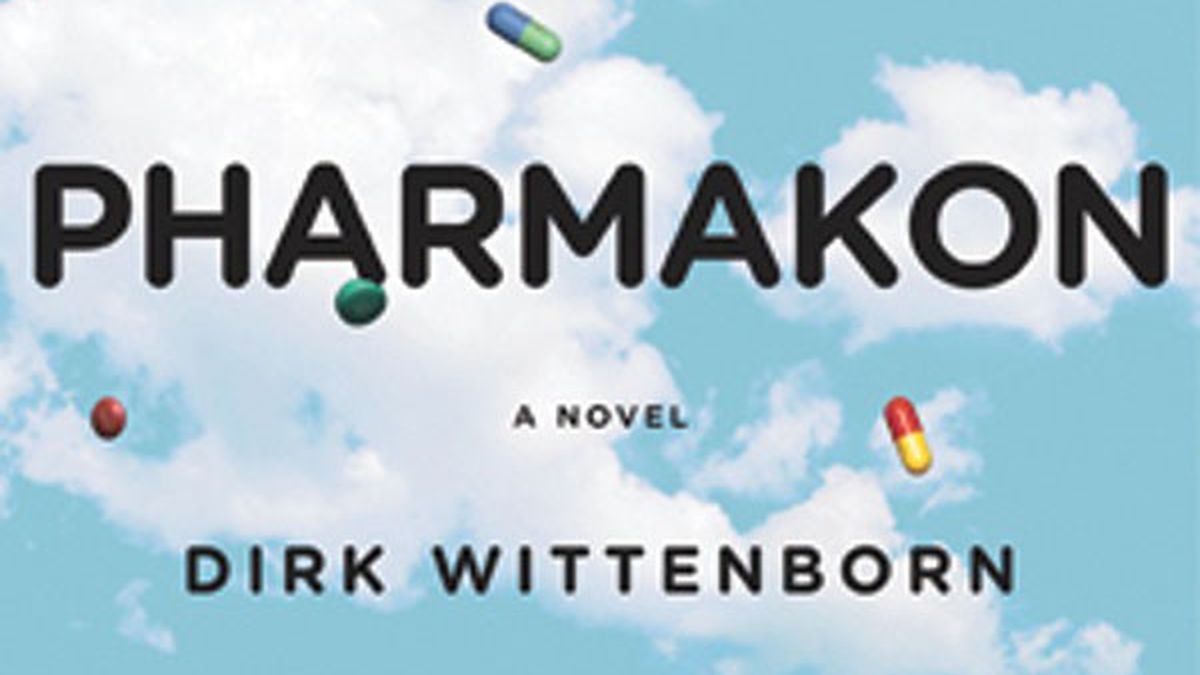If you feel too sad, there’s a pill for you. If you feel too good, there’s a pill for that, too. This is the notion. But Pharmakon, as any college-aged Derrida fetishist can tell you, is Greek for both poison and cure, and it’s this particular skepticism with regard to pill-bottled comforts that informs the first half of Dirk Wittenborn’s novel, which deals with a 1950s psychologist, William Friedrich, who thinks he’s found a cure for suffering. It goes wrong, of course. Happiness can also manifest as a self-satisfied, self-involved sociopathy, and if you take it suddenly away from a certified whiz kid with a borderline personality, it apparently leads straight to violent, violent murder.
This, as it goes, is a plotline lifted not from CSI but from Wittenborn’s own life: His psychopharmacologist dad was No. 1 on the death list of a former patient, who inexplicably killed No. 2 instead.
Wittenborn’s previous novels, back in the early ’80s, before his coke habit and virus-calcified heart brought him low enough to write screenplays, dealt with the safety-netted high wire of art brokers and the congenitally rich. The rest of Pharmakon, after the drama of near-murder and the drowning of a toddler, falls into this familiar territory: It’s the coming-of-age story of Friedrich’s privileged and precocious children, haunted by death, by escaped mental patients, by expensive cocaine, by secretly gay husbands, and by their own misfortune of having a psychologist for a father.
Wittenborn, as a writer, is a populist much more than a stylist. His characters continually explain things to you in their thoughts, filling you in on what to them would be obvious, and every proverbial gun is fired until the bullets have run out and the hammer clicks away into empty chambers. He has the friendly person’s impulse, you see, to square things away for you. But like life, novels have a way of going beyond or beside what seemed to be intended for them, and can manage to slip the noose of their own morals. The second half of the novel does mire itself in the overfamiliar tropes of self-medication among the well-to-do, and of childhood trauma as the persistent root of all evil. But over the course of its multiple point-of-view changes and time jumps, Pharmakon manages to escape what could have been a pat morality play (I am become Freud, destroyer of worlds) and bit by bit rewrites itself into our own muddled, muddy, difficult world of mostly imperfect cures, mostly half-assed poisons. (Viking Adult, 416 pages, $25.95)














